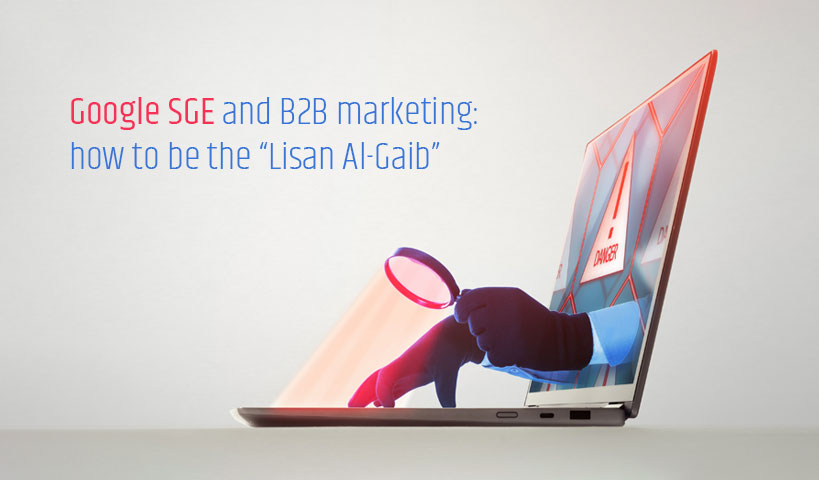
The focus group is often used in marketing research, in a B2B or B2C context. This exercise is part of a process of qualitative research, for which the success depends on good preparation and rigorous procedures. Here are some points to remember about focus groups.
Why make a Focus Group?
A discussion group is part of a so-called qualitative technique. Already lost? Remember my blog marketing research: quantitative vs qualitative in 4 questions. As a general rule, you put together a focus group if you want to explore a topic through discussion with a group of people, and not scientifically confirm data or a fact. This approach is reserved for the world of quantitative research.
First piece of advice: ask for input from a person already familiar with the approach of the focus group. Someone from the outside would be even more effective.
To help you understand the research and better understand the foundations of qualitative focus groups, here are some important points.
The technique and preparation for a Focus Group
First step, establish the technique:
- Make the focus group between 5 and 9 participants. Beyond this number, the exchanges will be more difficult. If you have less than 5 respondents, the group dynamic may not be present.
- The number of focus groups you want to achieve depends on your budget and the principle of data saturation, which means that you must achieve focus groups until nothing new appears from discussions (about 5 % of the new content).
- In each group, we also seek individuals with both similarities and differences. Here is an example: your study focuses on the users of your software solution. Respondents are similar because they are all users of these accounts, but they will be different because they are from different industries (distribution, retail, manufacturing, etc.).
Caution, however! Keep your criteria simple otherwise it will become difficult to recruit participants!
Next, you need to prepare your maintenance guide. Do not prepare closed questions (e.g.: answer Yes or no, or, on a scale of 1 to 7, etc.). Open-ended questions grouped into themes to be addressed are the key to a successful focus group.
You can also prepare a support guide for participants.
The process of a Focus Group
For a focus group to be effective, planning the venue is very important! Use a round table because there is no ‘boss’ sitting at the head of the table in a focus group. Opt for a room with a tinted glass. If this is not possible and members of your business (or yourself!) wish to attend the focus group, it is imperative that they (or you) are never involved and remain silent in one corner of the room.
There may be a facilitator and an assistant present. These 2 people must serve to animate the group, facilitate exchanges and create group dynamic.
Always prepare 2 tape recorders incase one of them breaks down.
The presence of a tinted glass can inconvenience the participants in the focus group (you would think an interrogation at the police station is taking place). It is important to put participants at ease and explain why there is a tinted glass and, that the people behind the glass are there not to interfere with the discussion. You can then distribute to each participant a guide, which where they are invited to sign a confidentiality agreement. This also helps to put participants at ease.
To properly set the table, specify the duration (minimum 1 hour and maximum 3 hours) and the topics that will be covered. Make a first round and ask each participant to introduce themselves.
Then, start with the first phase of a question, usually a general and easy 15 minute warm-up (ex: what do you think in general of Company Y?).
The analysis of a discussion group
For the analysis, keep in mind that the relative importance of what is discussed in the focus group is calculated based on content and not on the basis of the number of respondents (psst, I have an example here!).
Many other pitfalls lurk throughout the process, hence the importance of a consultant in this field. But focus groups can be a rich and useful exercise for generating new ideas!






